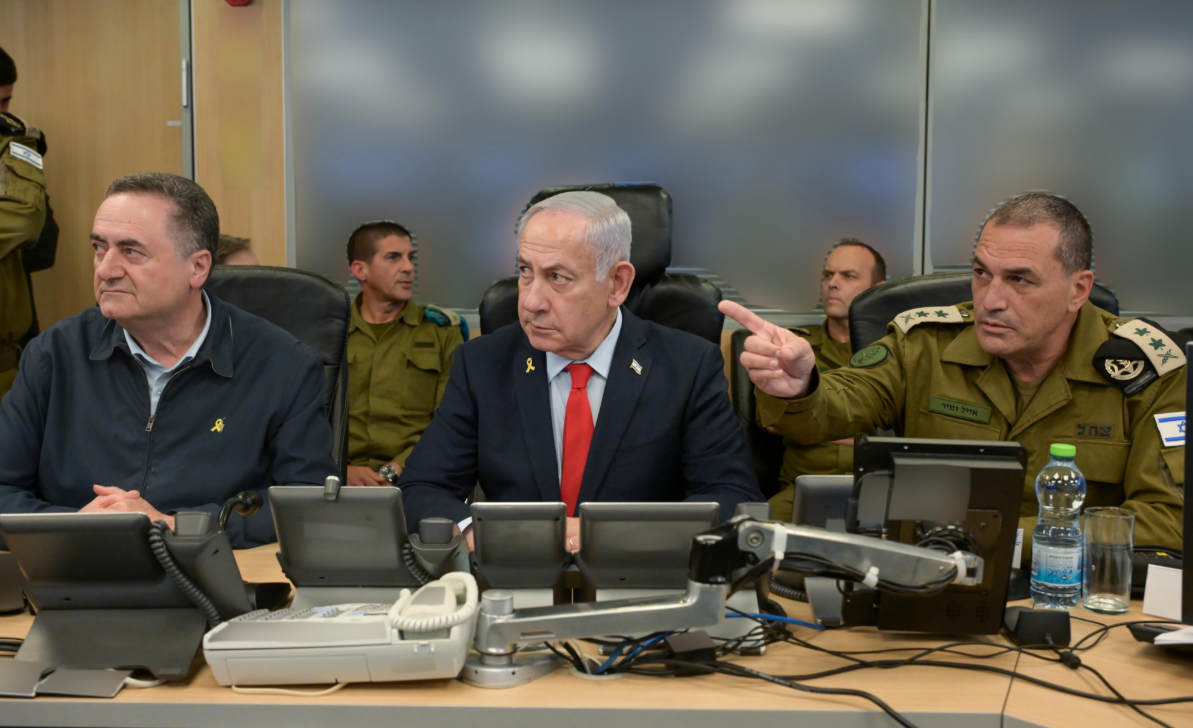
Several European nations, including the United Kingdom, France, and Canada, have intensified diplomatic pressure on Israel to halt its expanded military offensive in Gaza and allow for greater humanitarian aid to reach the war-torn region. The mounting criticism follows what many international leaders describe as an untenable humanitarian crisis unfolding in the enclave.
A significant development came as the European Union, Israel’s largest trading partner, announced a review of its trade agreement with the country. EU foreign affairs chief Joseph Borrell stated that a majority of foreign ministers from the EU’s 27 member states supported the move. The decision comes amid growing concerns about the deteriorating conditions in Gaza and what many are calling a disproportionate response by the Israeli government.
In response, a spokesperson from Israel’s foreign ministry rejected the EU’s move, accusing the bloc of failing to understand the complex security situation Israel is dealing with. The spokesperson further urged the EU to shift its pressure towards Hamas rather than targeting Israel.
The United Kingdom also took a strong stand, with Foreign Secretary David Lammy announcing the suspension of free trade agreement negotiations with Israel. In a forceful address to the British Parliament, Lammy condemned Israel’s ongoing military campaign in Gaza as “morally unjustifiable and wholly disproportionate.” He specifically criticized recent remarks from Israeli cabinet members, including statements about “cleansing” Gaza and relocating Palestinians to third countries. Lammy labeled such rhetoric as “extremist, dangerous, and monstrous,” stating, “We must call this what it is. It is extremism. It is dangerous. It is repellent. It is monstrous. And I condemn it in the strongest possible terms.”
Further actions by the UK government included imposing sanctions on three individuals and four organizations involved in the expansion of Israeli settlements in the occupied West Bank. Lammy said, “Today we are therefore imposing sanctions on a further three individuals and four entities involved in the settler movement. I have seen for myself the consequences of settler violence, the fear of its victims, the impunity of its perpetrators. Today we are demonstrating again that we will continue to act against those who are carrying out heinous abuses of human rights.”
Meanwhile, the humanitarian situation in Gaza continues to worsen. Although Israel announced that it had allowed 93 UN aid trucks into Gaza by Tuesday, the United Nations reported that only five trucks had actually reached the area. UN aid workers were not granted permission to distribute the limited aid, further exacerbating the crisis. UN Aid Chief Tom Fletcher issued a dire warning, stating that 14,000 babies could die within the next 48 hours if adequate aid does not reach them in time.
During the first phase of the ceasefire, which ended in March, approximately 600 aid trucks were entering Gaza daily. The UN has emphasized that Gaza currently needs at least 500 trucks of aid and commercial supplies every day to meet basic humanitarian needs. Despite limited aid movement, widespread hunger and starvation persist, leaving the region on the edge of collapse.




